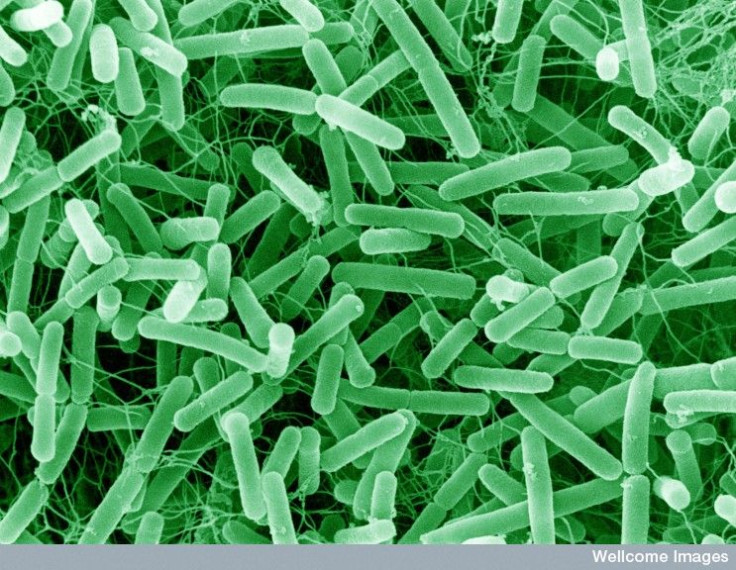Women Proven To Have Natural Defense Against Trichomoniasis, The World's Most Common STI

Sexually transmitted infections are prevalent among young people ages 15 to 24. Among these, women are often most severely affected. Many infections have the capacity to infect and harm major organs like the uterus, cervix, and ovaries, but do not cause equally as much harm to male sexual organs.
In the Unites States, nearly 19 million new infections occur every year. But what if some women were simply immune to particular infections?
Trichomonas vaginalis, a parasite, causes the most common non-viral sexually transmitted infection, trichomoniasis. Trichomoniasis is curable, but 70 percent of infected people do not know they have it. In women, if left untreated, the parasite can cause serious damage to the cervix and also increase the chances of contracting HIV. During unprotected intercourse, the parasite can be passed through contact with sexual organs and tissues. It has not been found to infect other body parts such as the mouth or hands.
Dr. Niha Phukan and colleagues at the University of Auckland have found in a recent study that trichomoniasis can be treated by natural vaginal bacteria. The vagina, in order to protect itself from constant infection, has natural probiotics that serve to keep the environment healthy. The researchers discovered that a particular strain of bacteria,Lactobacillus, naturally found in the vagina, can fight off infection from the trichomoniasis parasite.
In order for the parasite to effectively infect a woman, it must stick to the outermost cells of the cervix, called the vaginal ectocervical epithelial cells, or VECs. Upon adherence, the parasite can grow and infect other cells and potentially move to other tissue types in the vagina. Probiotic Lactobacillus interferes with the parasite sticking to the VECs and forces it to lie dormant instead of infecting further.
Lactobacillus is a nonthreatening bacteria present throughout the body. They are a lactic acid bacteria, which means that they convert sugar into lactic acid. When lactic acid is in the body, it creates an acidic environment, such as the vagina, which deters growth of harmful bacteria, like the trichomoniasis parasite. Lactobacillus is ideal for prevention of trichomoniasis infection because the parasite cannot thrive in a highly acidic environment that lactobacillus creates for the vagina's proper functioning.
Diverse strains of the parasite are affected differently by the Lactobacillus. Those that naturally stick to the VECs quickly are the ones most affected by Lactobacillus; they are inhibited with ease. Strains that stick to the VECs slowly, and stay in the vagina for a longer period of time, are not inhibited as easily, but there is some inhibition of the parasite. Lactobacillus has similar effects on different strains of the parasite, which indicate it is effective at treating or preventing infection.
Lactobacillus serves to rescue the vagina from the full-scale attack of the trichomoniasis parasite. It is likely that the probiotic bacteria has effects not only on the parasite's adherence to the cells it infects, but also its potential to diminish mobility, growth, and toxicity.
While trichomoniasis is treated commonly by antibiotics, antibiotics kill all of the bacteria in the vagina and throughout the body; both good and bad. Killing the good bacteria during treatment can leave the vagina, along with the rest of the body, vulnerable to infection by other pathogens.
This finding is an interesting one because it may change the treatment of a sexually transmitted infection that impacts a great deal of the population. Phukan and colleagues have found that addition of Lactobacillus during their experiments eradicated the parasite and they expect the same to happen if Lactobacillus was added to an infected vagina and could create somewhat of an immunity toward trichomoniasis infections.
Source: Phukan N, Parasamand T, Brooks AES, Nguyen TNM, Simoes-Barbosa A. The adherenece of Trichomonas vaginalis to host ectocervical cells is influenced by lactobacilli. Sex Transm Infect. 2013.



























